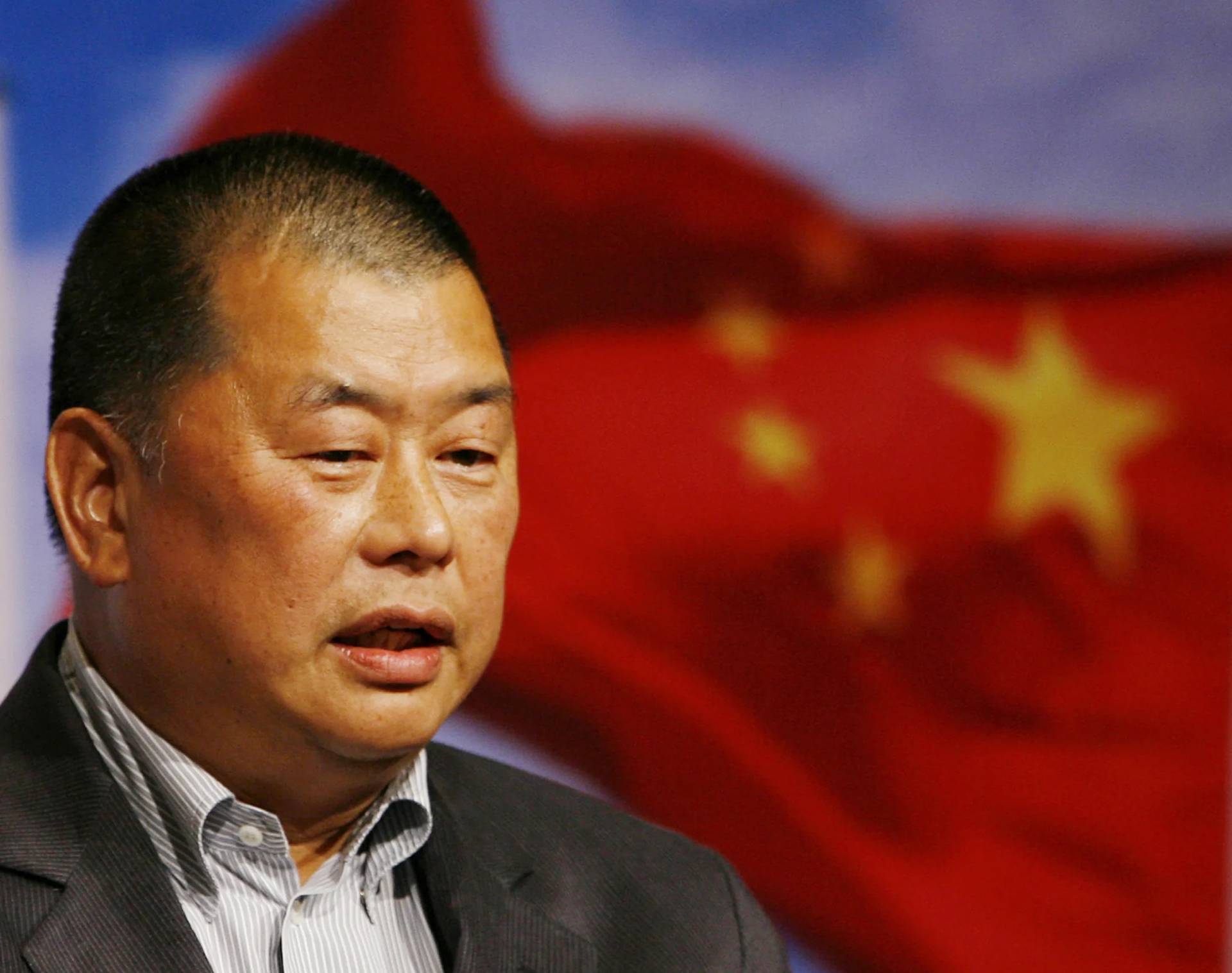MUMBAI, India – Caritas India has been named the Best NGO for healthcare services in country, highlighting the contribution the Catholic charitable agency has been making in India during the COVID-19 pandemic.
Harsh Vardhan, India’s Minister for Health and Family Welfare, presented the award on Oct. 2 during the India Today Healthgiri Awards.
The awards began in 2015 with the support of the government and are usually called the Safaigiri awards, but this year the name was changed to honor the country’s “Corona Warriors.”
The awards this year were given across nine categories including best state in combating COVID-19; Best celebrity contribution in spreading awareness; Best far-reaching corporate contribution for a wider social impact; Best testing facility; Best NGO or other entity that extended timely help to migrants; Best innovation for COVID-related activity in times of the pandemic; best logistics services provider; best NGO or other entity offering healthcare services; and best health manager.
Caritas India is the social development wing of Catholic Bishops’ Conference of India. Catholics make up less than 3 percent of India’s population, and the award is a sign of the outsized role the Church has in the country’s social welfare and health sectors.
“I dedicate this award to all our COVID warriors, health workers and volunteers in different parts of the country at community and institutional levels,” said Father Paul Moonjely, the head of Caritas India.
It gives us added courage and heightened motivation to march forward with our mission of love and care even amid new challenges. We are indeed humbled by this honor,” he continued.
The priest noted the COVID-19 pandemic created a lot of fear and hopelessness among people, and this was amplified by an exodus of internal migrants from the India’s large cities back to their homes in the countryside.
“But the institutional strength of the Church as a humanitarian collective helped us to team up together and reach out to the last mile with the amazing support of the Church leadership,” Moonjely said.
“Caritas India during the COVID-19 humanitarian response went the extra mile to show solidarity and support to the vulnerable and marginalized sections of society,” he added, noting that Caritas India worked with a strategy of “Be Informed, Be Trained, Be Cautioned, Be Connected and Be Compassionate.”
Cardinal Oswald Gracias of the Archdiocese of Bombay, the president of the bishops’ conference, told Crux the award is a recognition of the work of the Church to the poor and marginalized.
The cardinal said Caritas made a “concerted effort” to provide services during the crisis.
“As soon as the pandemic began, we had our disaster management committee in Mumbai and I got Caritas to immediately start planning how the Church could get into the mainstream,” he explained.
The cardinal said he wrote to Indian Prime Minister Narendra Modi as soon as the lockdown was announced offering the Indian Church’s full support and cooperation in the nation’s effort to contain the coronavirus.
“I announced that the Church in India would give full backing to the government and that we would like to collaborate and cooperate in every which way through our healthcare and social wing of the Catholic Church in India and through our other facilities,” Gracias said, noting that Modi replied the next day asking for assistance.
“Since we began, I have been following follow up every week or ten days and ask for a report of progress and the activities in the country,” the cardinal continued, adding the Catholic Church in India has helped 22 million people and spent over $18 million on relief efforts.
Most of this aid went to the migrant population, many of whom work as day laborers, so were left penniless and stranded far from home when the nation went into lockdown on March 24.
“All the 134 dioceses got involved and helped migrants on the way back – giving food, water and shelter, and medical assistance when required,” Gracias said.
“The issue of poverty was also very grave. I asked everyone to start giving rations to the people who are poor, without source of livelihood, homeless, destitute, the vulnerable, daily wage earners and migrants,” the cardinal said.
“We also discussed on how to train them in new skills to adjust to the new reality. I kept asking them the progress to encourage them to continue the efforts. We have had various camps giving food and aid even in cities. but I was very happy with the response and the money that was so generously given. We made no distinction between persons on the basis of any religion or community,” he said.
Father Fredrick D’Souza, the former executive director of Caritas India, told Crux that Gracias has demonstrated “amazing resilience and has emerged as an inspiration to priests, religious and laity to work tirelessly for the poor and the marginalized people.”
“Caritas is an expression of social concern of the Catholic Church under the aegis of the Bishops’ Conference of India. Cardinal Oswald Gracias leading the church institutions in India in these difficult days as a beacon of hope,” D’Souza said.
“Caritas India has been one of the best ‘networked’ NGOs because of her huge number of partner organizations across the country. Over the years Caritas India capacitated the faith-based and secular-minded NGO by strengthening the systems and structures,” the priest said.
Gracias told Crux the Church in India was being inspired by the example given at the very top of the hierarchy.
“I feel the continuous insistence of the Pope Francis to go to people on the outskirts of society – has both inspired and challenged us and moved us to the periphery – to seek out the vulnerable and the marginalized and to analyze and respond to the changing scenario swiftly,” the cardinal said.
“The Church has been relentlessly working on this, both in rural and urban settings. The Church was being viewed as an ‘oasis’ where they would get help,” he said.













